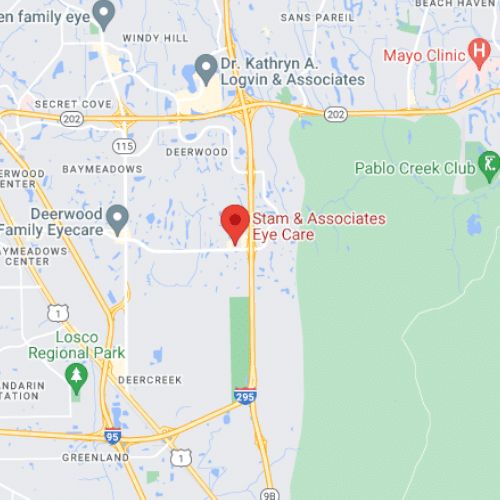Stam & Associates Eye Care –
Diabetes is mainly treatable but does have some effects on your lifestyle. One of these effects is that the blood vessels in your eyes can become damaged more easily.
Early detection of this is crucial, and eye exams are the best way to ensure that it is caught and treated properly.
The professional team at Stam & Associates Eye Care in Jacksonville, FL, is proud to serve the local community with quality eye care services, including diabetic vision care management. These services allow you to return to seeing clearly and living life to the fullest while also achieving great peace of mind about your healthcare.
How Often Should You See Your Eye Doctor?
The frequency of your eye exams will depend on the severity of your diabetes and your overall eye health. However, the American Diabetes Association recommends that people with diabetes have an annual dilated eye exam.
What to Expect During a Diabetic Eye Exam
Your eye doctor will perform a comprehensive eye exam, which may include:
- Dilated eye exam: This allows your doctor to examine the inside of your eye.
- Fluorescein angiography: This test uses a dye to visualize the blood vessels in your retina.
- Optical coherence tomography (OCT): This test uses light to create detailed images of your retina.
In addition to regular eye exams, controlling blood sugar levels is essential for preventing diabetic retinopathy. Smoking can also damage your blood vessels and increase your risk of eye problems.
Remember to eat a healthy diet to help you manage your blood sugar levels and overall health.
Your Trusted Vision Care Provider
Blurred vision, floaters, and dark spots in your vision are some examples of common symptoms of diabetic retinopathy. Even if you do not feel these symptoms strongly, a regular eye exam can prevent a potential problem early on from developing into something more severe and costly.
We look forward to welcoming you into our clinic to help you achieve your eyesight goals.





